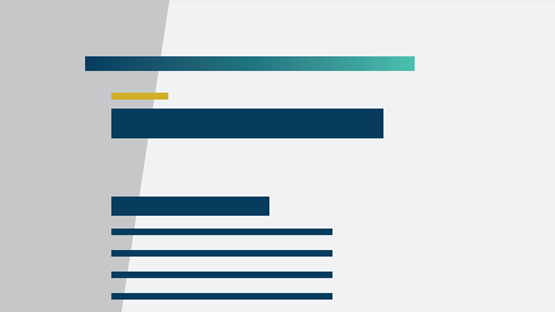Abstract
What determines the relationship between pollution and growth? Are the forces that explain the behavior over time of these quantities potentially useful to understand more generally the relationship between policies and growth? In this paper, we make a first attempt to analyze the equilibrium behavior of two quantities—the level of pollution and the level of income—in a setting in which societies choose, via voting, how much to regulate pollution. Our major finding is that, consistent with the evidence, the relationship between pollution and growth need not be monotone and that the precise equilibrium nature of the relationship between the two variables depends on whether individuals vote over effluent charges or directly restrict the choice of technology. Moreover, our analysis of the pollution problem suggests that, more generally, endogenous policy choices should be taken seriously as potential sources of heterogeneity when studying cross country differences in economic performance.




